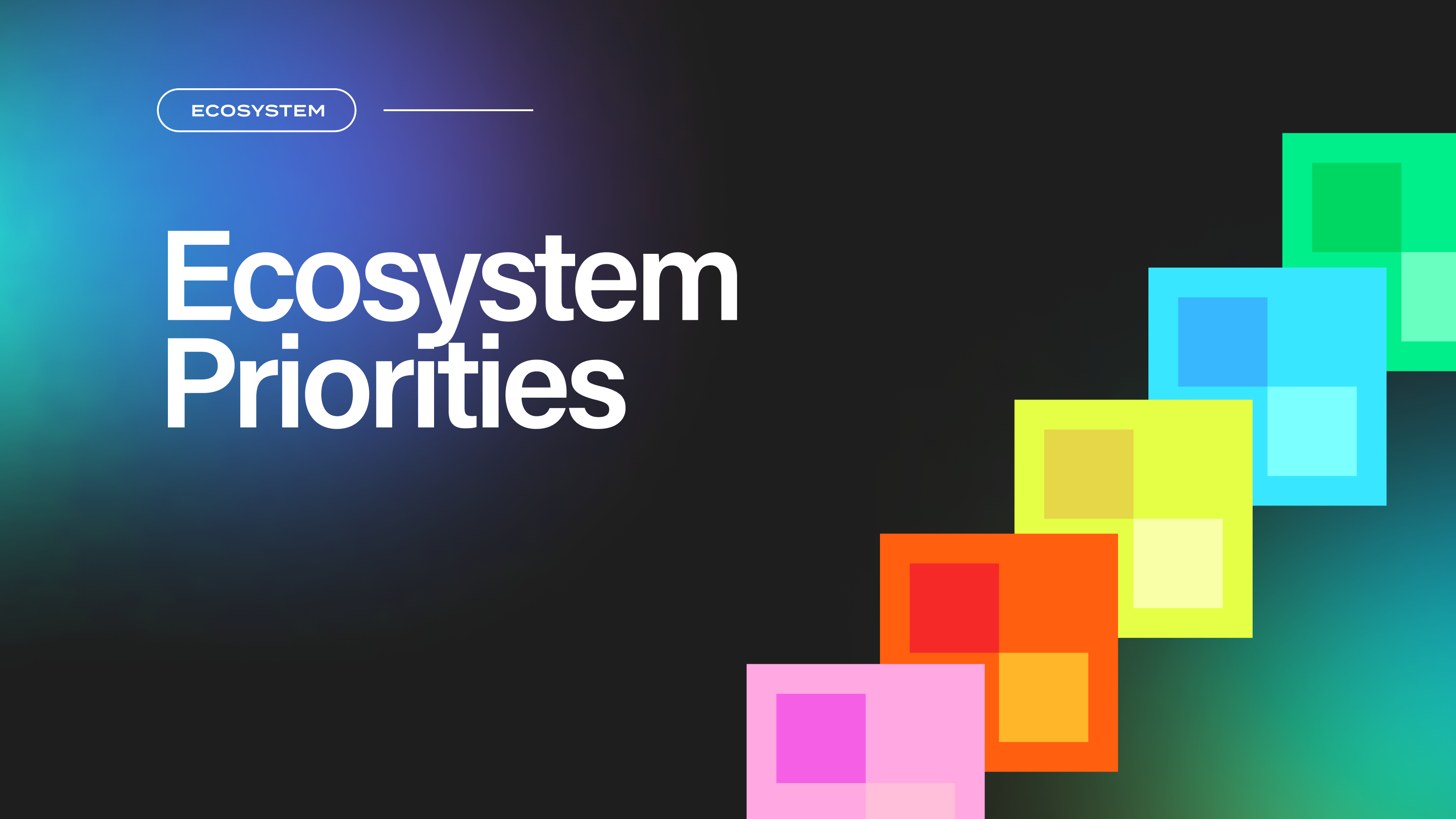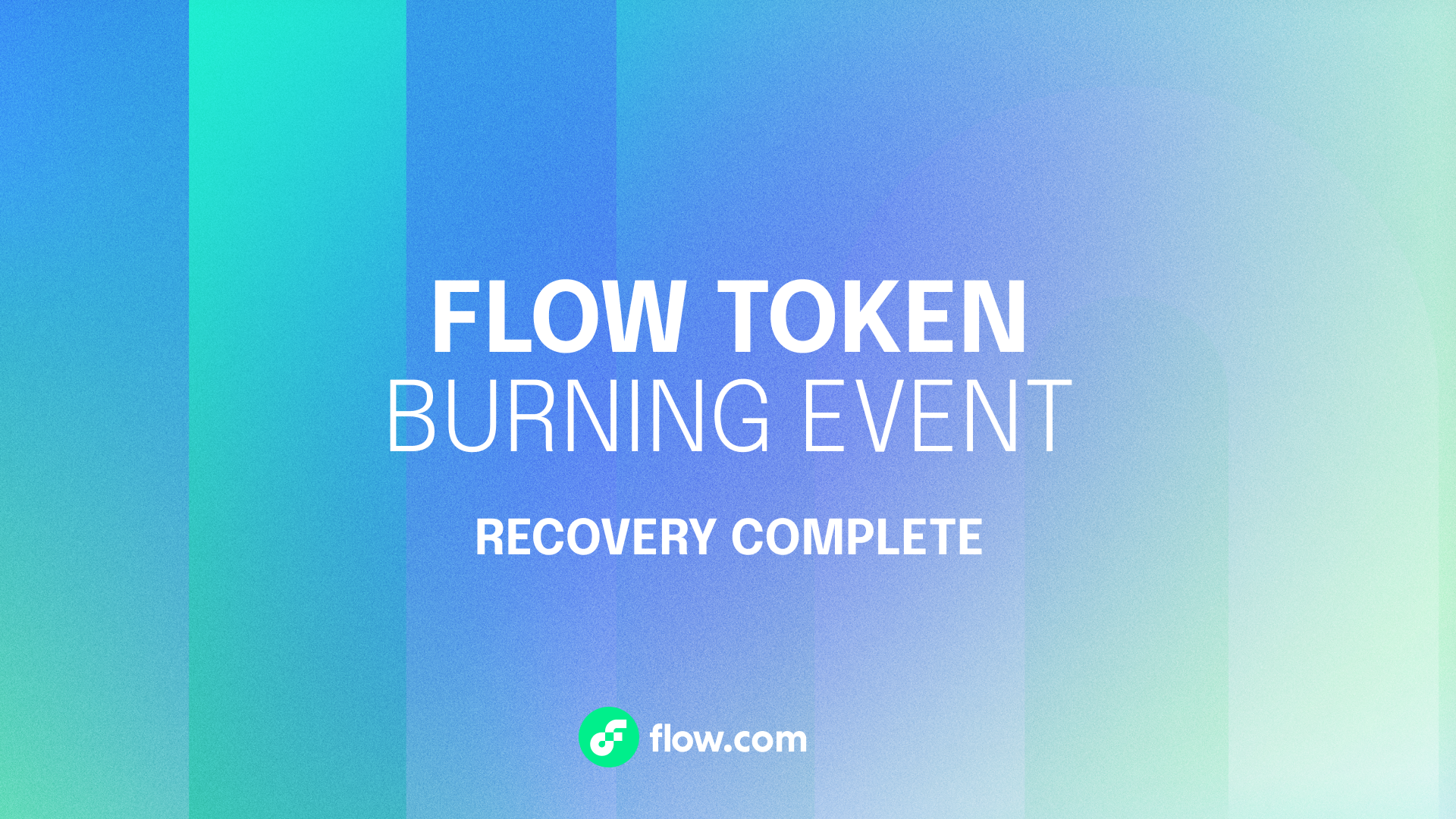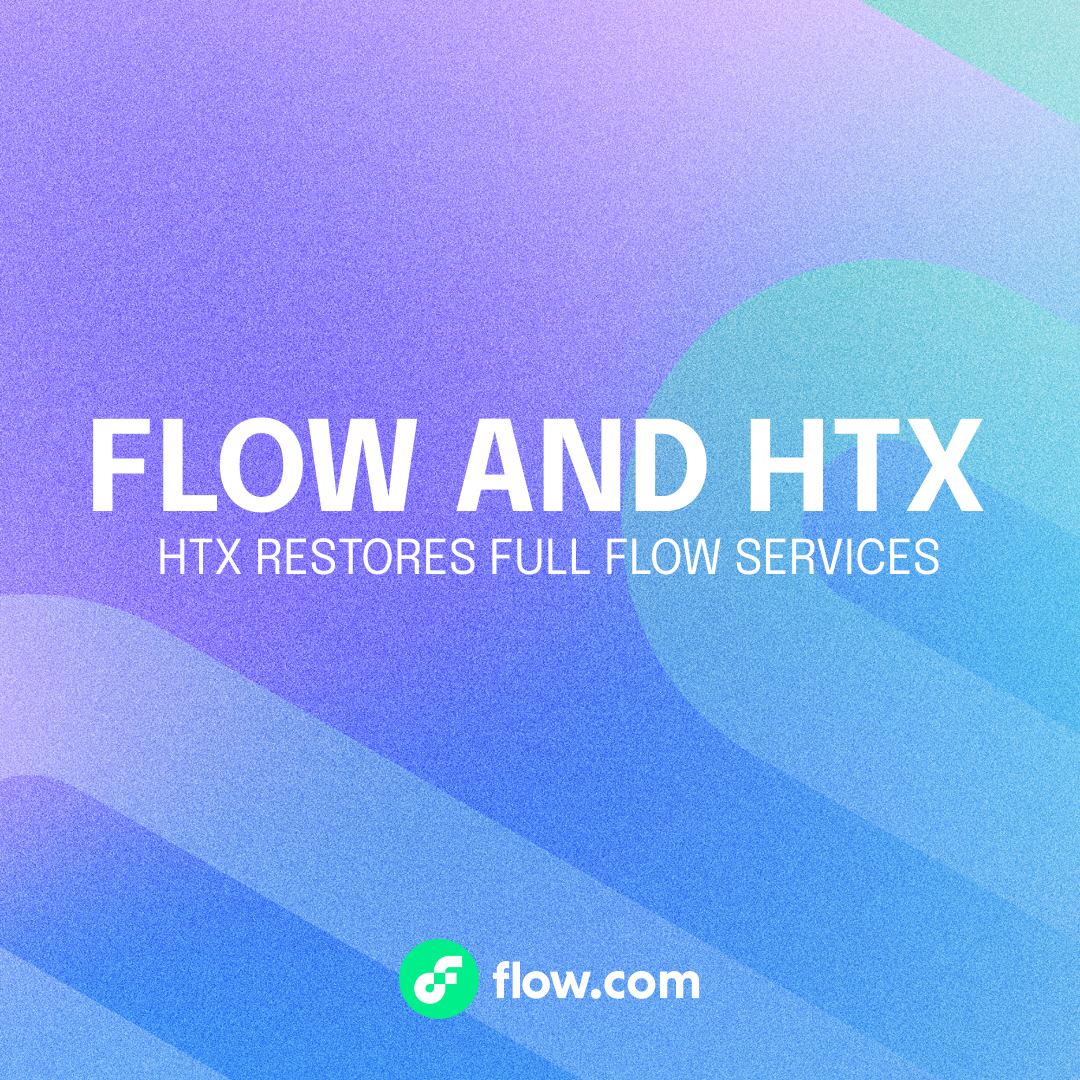
The Flow team is excited to share community-focused Flow ecosystem priorities. Since the launch of The Flow blockchain in December 2020, multiple independent teams from various disciplines ranging from distributed systems to programming languages, cryptography, and game theory are constantly advancing the research and development of Flow. Flow’s ecosystem has grown from a small group of enthusiasts to a global community of over 10,000 developers, over 17 million user accounts, and over 2 million monthly active wallets.
An integral part of continuing the decentralization of Flow is collaborating with our community on how core elements of the network are built. To make it easier for Flow to collaborate across entities, different working groups exist for various focus areas. These groups enable teams in the community to contribute to different components in parallel and scale coordination more efficiently. The collaborative plan is executed by contributors worldwide, including but not limited to Dapper Labs, Graffle, Coinbase Cloud, Blocto, Lilico, Outblock, GetBlock, academic institutions, including the University of Waterloo and the University of BC, and other independent researchers.
We'll be sharing further info on each key focus area, with this page serving as an information hub.
Ecosystem Priorities
The ecosystem priorities have been organized into several focus areas. Each area has a set of deliverable outcomes. Here you will find an overview of key improvements expected in each area and descriptions of the core functional components, links to associated academic research, status updates, and core contributors.
Developer Tooling & Ecosystem
- Increase developer productivity
- Make developer onboarding faster and easier
- Enable engaging native consumer experiences on mobile
- Unlock progressive user onboarding with world-class mainstream experience
- Demonstrate service-less dapps to eliminate platform risks, create trust, and unlock new experiences
- Improve the developer ecosystem through community contributions
Cadence Smart Contract Language
- Make performance improvements
- Enable long-term support (write once, run forever)
- Provide support for compilation
Smart Contract Ecosystem
- Showcase Cadence’s unique characteristics and strengths
- Foster community engagement and adoption of standards
Core Protocol Operations
- Improve performance and scalability
- Achieve zero downtime rolling upgrades of protocol
- Nurture a scalable peer-to-peer network for data retrievability
- Improve byzantine fault tolerance [BFT]
- Improve runtime resilience of consensus
- Support permissionless node operations
- Introduce a new staked node operator selection algorithm
- Support for massive state sizes
- Integrate cryptography advancements
Protocol Economics
- Implement protection against state bloating
- Move to new gas metering for enhanced network security
- Revisit FLOW issuance rate
- Decrease barriers to entry with lower staking requirements
Protocol Governance
- Increase participation in the Flow Service Account process
- Automate network operations: performance-based node rewards and slashing
- Present new governance proposal and voting process


















